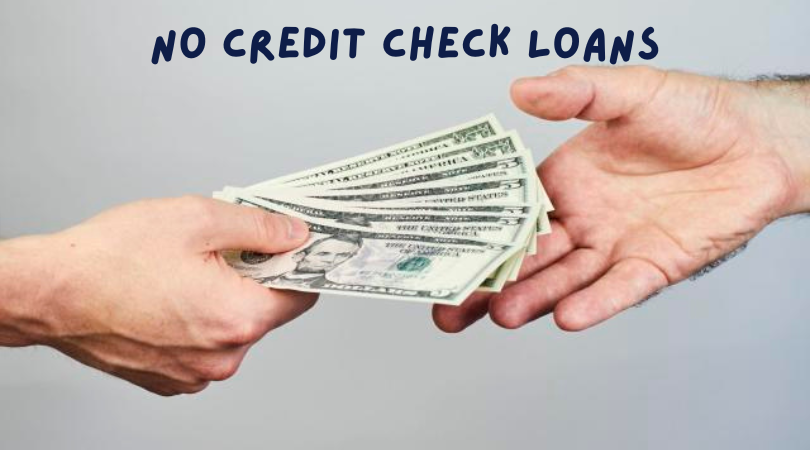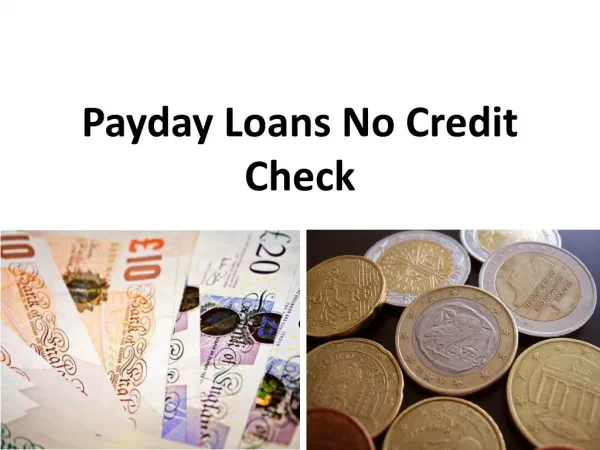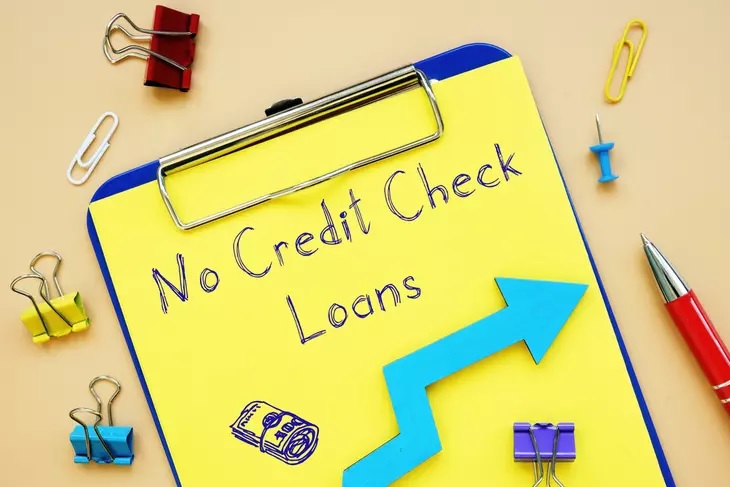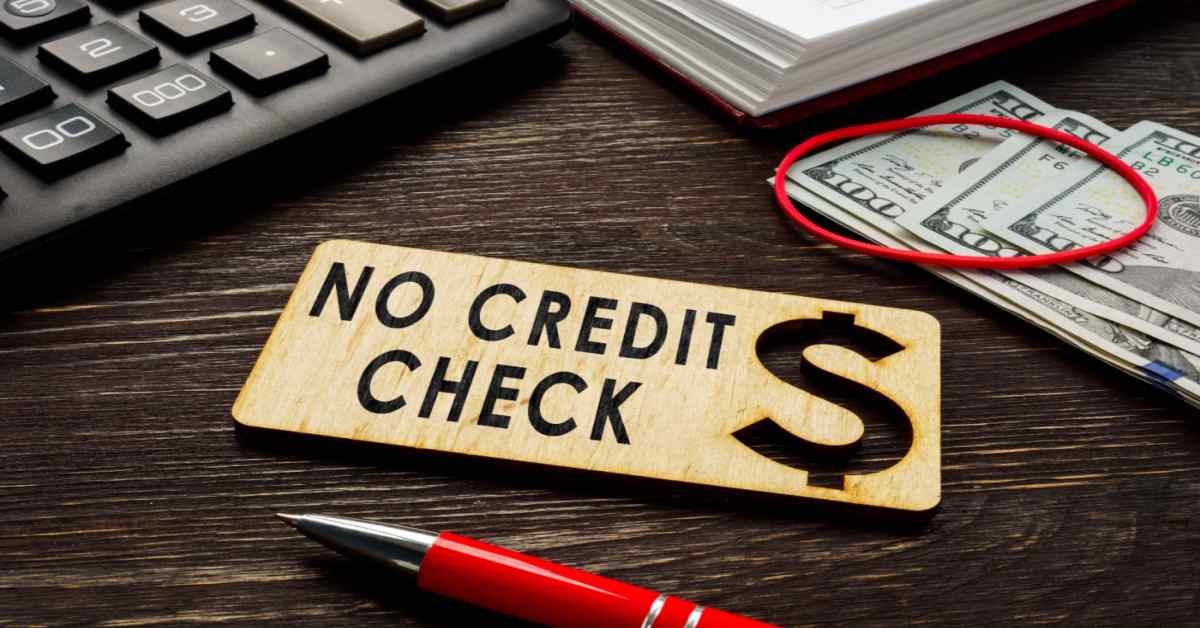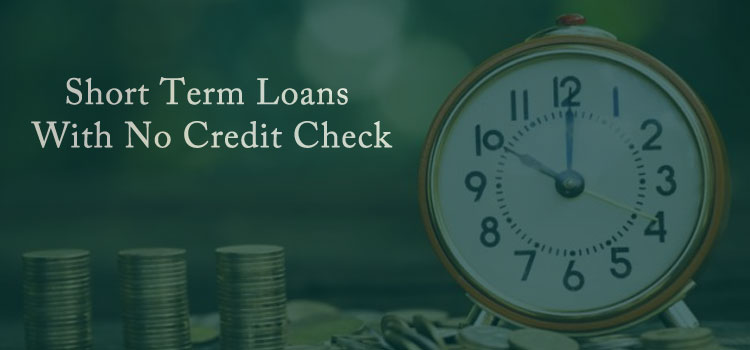No Credit Check Short Term Loans
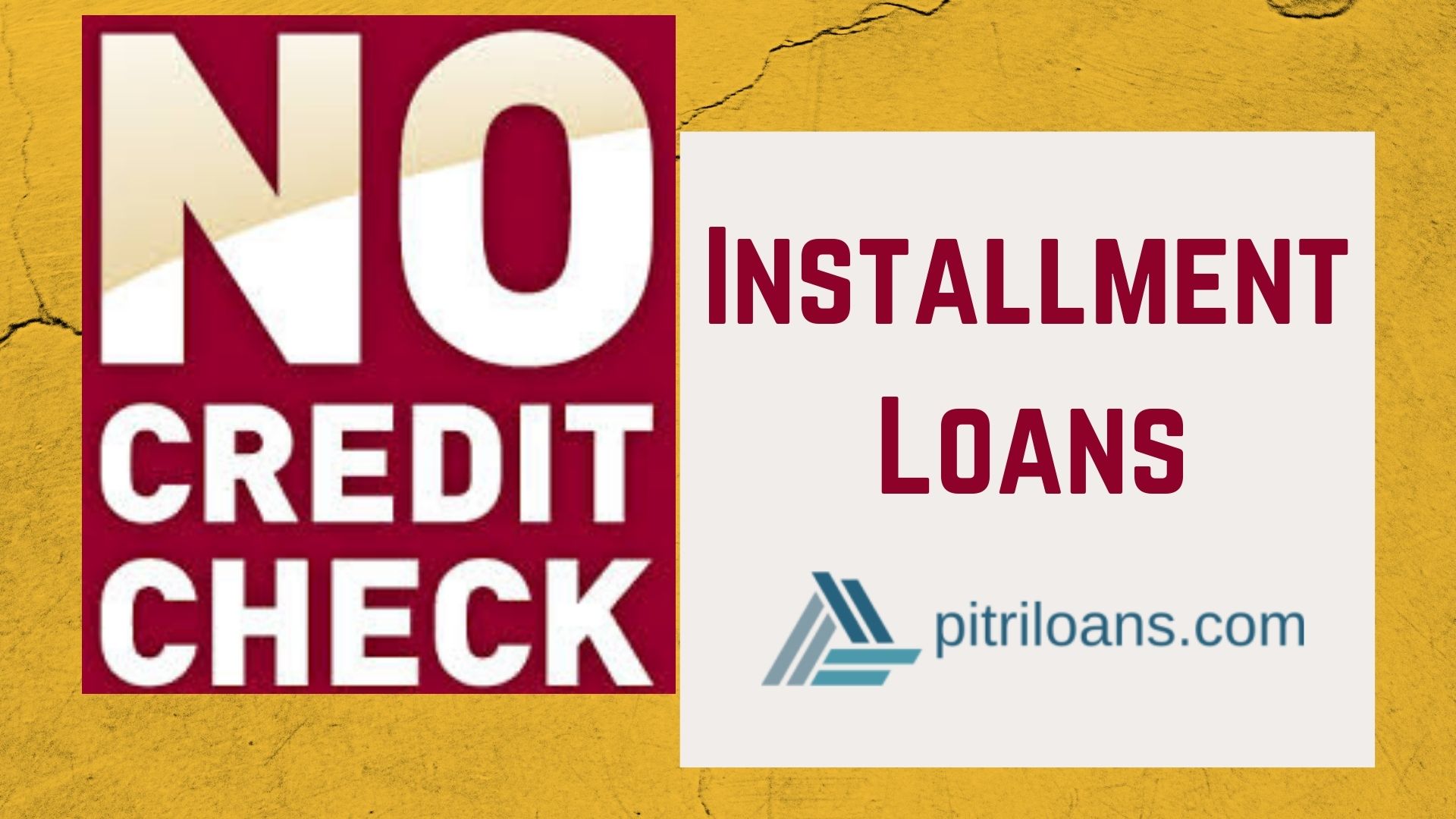
Urgent action is advised: No credit check short-term loans are proliferating, raising concerns about predatory lending practices and potential debt traps for vulnerable borrowers. These loans, often marketed as quick fixes for financial emergencies, come with significant risks.
This article details the rise of these loans, their potential dangers, and what consumers need to know to protect themselves.
The Appeal and Availability of No Credit Check Loans
No credit check short-term loans, also known as payday loans or cash advances, are marketed to individuals with poor or no credit history. They promise fast access to funds without the scrutiny of a traditional credit check.
Online lenders and storefront operations are the primary providers of these loans.
The application process is usually streamlined, requiring minimal documentation and offering near-instant approval, sometimes within minutes.
The High Cost of Convenience
The apparent ease of obtaining these loans masks their exorbitant costs.
According to the Consumer Financial Protection Bureau (CFPB), these loans often carry annual percentage rates (APRs) of 300% or higher. This translates to significantly more money owed on top of the principal loan amount.
Fees and charges can quickly accumulate, especially if borrowers are unable to repay the loan on the due date, which is typically within a few weeks or even a month.
The Debt Trap Phenomenon
The short repayment periods associated with no credit check loans often lead to a cycle of debt.
Many borrowers find themselves unable to repay the loan on time and are forced to roll over the loan or take out a new one to cover the previous debt.
This repeated borrowing significantly increases the total cost of the loan and keeps borrowers trapped in a cycle of debt.
Who is Targeted?
These loans disproportionately affect low-income individuals, communities of color, and those facing unexpected financial hardships.
A report by the Center for Responsible Lending (CRL) found that borrowers who take out payday loans are more likely to experience negative financial consequences, such as bank account overdrafts and difficulty paying other bills.
The lack of a credit check makes these loans accessible to those who may not qualify for more affordable financial products, leaving them vulnerable to predatory lending practices.
Regulatory Landscape and Consumer Protection
The regulation of no credit check loans varies by state.
Some states have implemented stricter regulations, including capping interest rates and limiting the number of times a loan can be rolled over. Other states have little to no regulation, allowing lenders to charge exorbitant fees and interest rates.
The CFPB has attempted to establish federal regulations to protect consumers from predatory lending practices, but these efforts have faced legal challenges and political opposition.
Alternatives to No Credit Check Loans
Consumers facing financial difficulties should explore alternatives to no credit check loans.
These include credit counseling, community-based financial assistance programs, and borrowing from friends or family. Consider also personal loans from credit unions, which typically offer lower interest rates and more flexible repayment terms.
Negotiating with creditors to establish payment plans can also help avoid the need for high-cost loans.
Ongoing Developments and Next Steps
Consumer advocacy groups are actively working to raise awareness about the dangers of no credit check loans and to advocate for stronger regulations.
The CFPB continues to monitor the market and explore ways to protect consumers from predatory lending practices.
Consumers are encouraged to report any instances of predatory lending to the CFPB and their state's attorney general. Seek financial advice immediately if trapped in the loan cycle to create plans to pay off the loan faster and without extra fees. Consider debt consolidation and carefully read the loan agreements.

